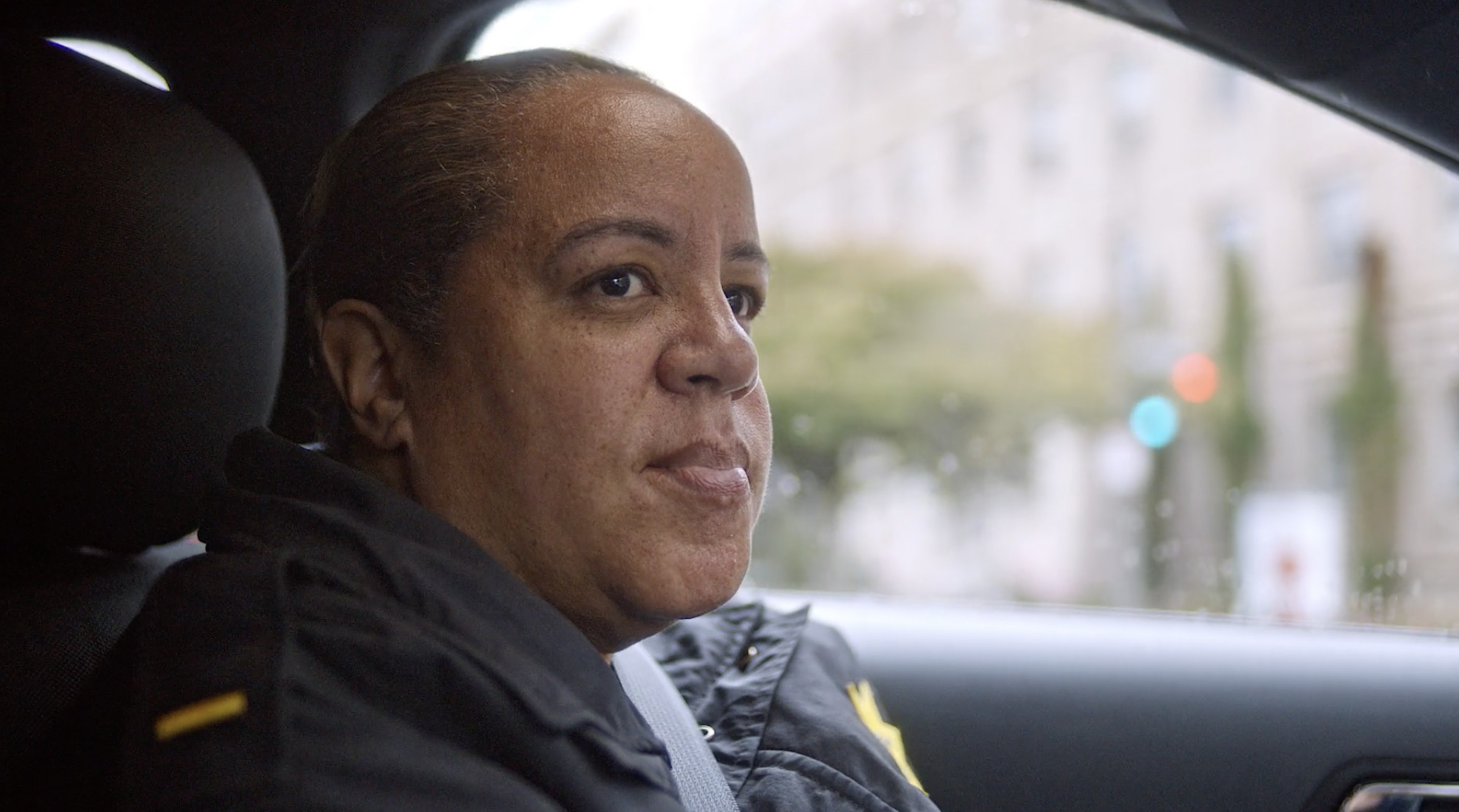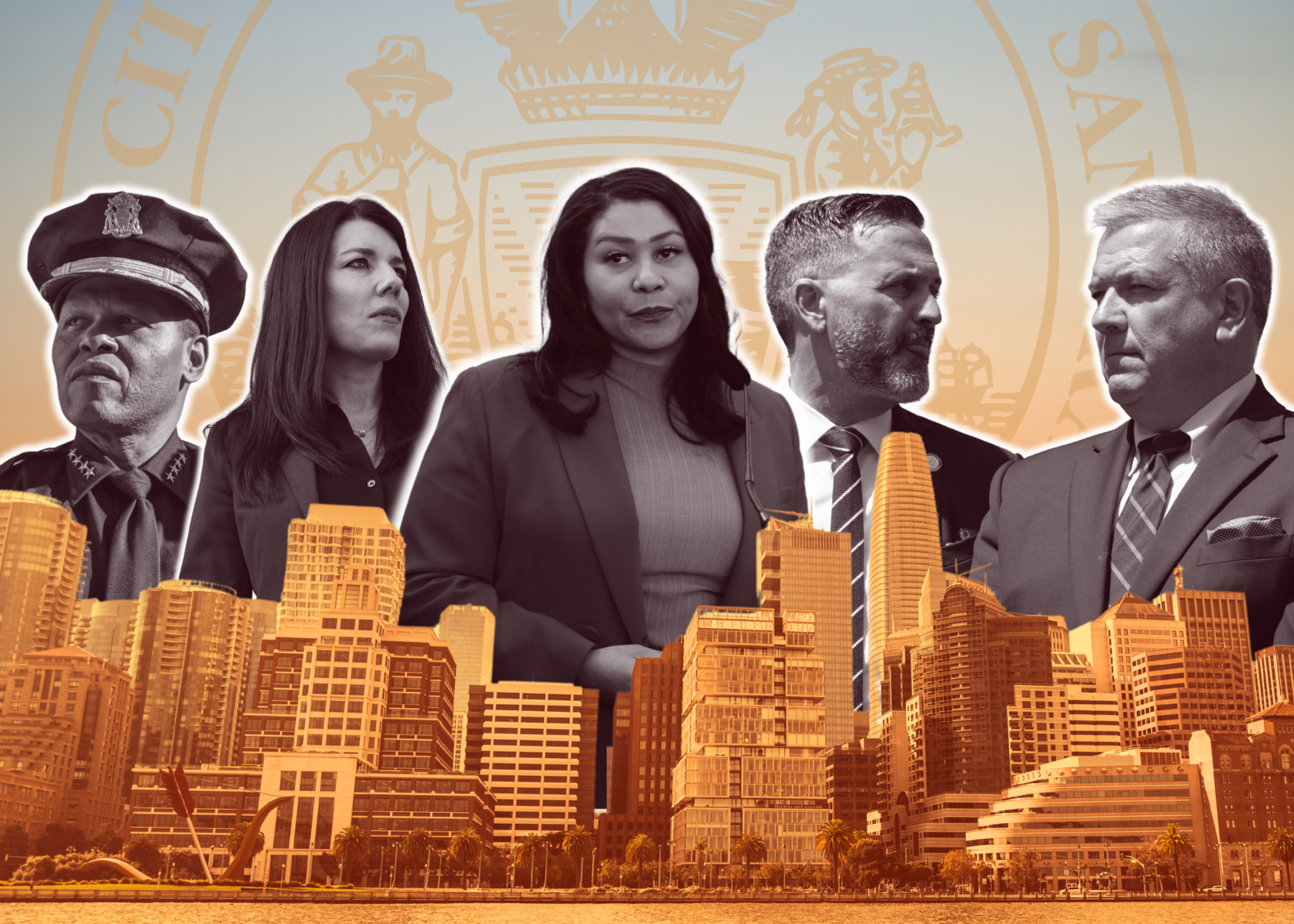As Tuesday night’s primary results trickled in, politicians, activists and city officials started to chalk up their wins and losses on San Francisco’s political scoreboard.
But remember, this is really just the playoffs. Why? Many of Tuesday’s outcomes will determine the battleground for the city’s political Super Bowl: November’s race for the mayoral seat and contested supervisor districts.
Based on early results, here is who came out on top—and who may need an extra nightcap to fall asleep soundly.
Winner: Mayor London Breed
Breed gets the gold. Props. C, E and F—all measures she put on the ballot—were either trending in the right direction or had succeeded. Breed declared victory on Prop. E and Prop. F—outcomes that offer her certain momentum in the mayor’s race and cement her as an elected official with her finger on the pulse of what the city’s voters want.

The results also serve as a counterweight: Breed is on shaky ground in her reelection bid as voters have questioned her track record on homelessness and the city’s post-Covid economic recovery.
“To see the initial, promising results is incredible,” Breed said while working the room at Anina, where a crowd of moderate Democrats gathered to celebrate their election wins.
Loser: Supervisor Ahsha Safaí
Safaí, who joined up with city labor unions in promoting Prop. B, pitched the measure as a more fiscally responsible way to fund public safety. It would have set police staffing minimums, but only if voters approved a new tax. Despite the backing of Service Employees International Union Local 1021 and International Federation of Professional and Technical Engineers Local 21’s PAC, voters weren’t buying it.
“What we did was change the conversation about [police] recruitment. … I guarantee that will be a top priority for everyone,” said Safaí at an election party at District Six, an outdoor event space in SoMa.

Winner: Supervisor Matt Dorsey
Dorsey spent the past several weeks convincing voters to reject Prop. B, and his efforts paid off: The measure was defeated Tuesday night. Donors collectively spent over $1.3 million to stop the proposition from passing. They included tech executive Chris Larsen, the city’s police union and the big-money Neighbors for a Better San Francisco Advocacy organization.
“We told the truth, we won, and we sent a message to City Hall: Stop playing games with public safety,” said a jubilant Dorsey after Breed hauled him onstage at Anina.
Winner: San Francisco police
San Francisco police scored a political win in Prop. E. With the ballot measure passing, cops will have more latitude to use drones and other technology and chase suspects; the measure is also intended to reduce paperwork for officers. Perhaps even more significantly, Prop. E may be a sign that the political winds around policing have shifted. The Police Officers Association, which was viewed as a pariah for years, has reemerged as a political player. Prop. E’s victory could embolden the union further.

Loser: The Police Commission
The Police Commission, which serves as the watchdog for the department, will have to jump through extra hoops to enact changes to policy under Prop. E. The measure requires that any department policy changes be put through a long list of community hearings at every police district station. Privacy advocates and the American Civil Liberties Union, which funded the campaign against Prop. E, apparently failed to persuade voters against handing over more invasive technologies to law enforcement.
“Of course we want crime down. Of course we want people to pay for their crimes,” said Supervisor Shamann Walton about Prop. E. “But I think having police officers chase people willy-nilly is going to have a lot of unintended consequences.”
Winners: Tech titans Chris Larsen, Ron Conway
Larsen and Conway both donated big bucks to help support Prop. F. Tuesday’s results suggest that many voters, frustrated with what they perceive as overly permissive drug policies, think the city is not doing enough to push drug users into treatment.
Losers: Homeless advocates
Advocates like the Coalition on Homelessness’ Jennifer Friedenbach, who has fought back against the city taking a harder stance against those living on the streets and has spoken out against Prop. F. Her organization’s lawsuit against the city, which accused San Francisco of illegally destroying homeless people’s property, was temporarily put on hold by a federal magistrate judge until the U.S. Supreme Court weighs in on the issue.
“Those suffering from addiction deserve actual solutions and real opportunities for treatment, not false promises and election-year politics,” Friedenbach said in a statement after Tuesday’s results.

Winner: Supervisor Catherine Stefani
After six years on the Board of Supervisors, it looks like Stefani might be headed to greener pastures. The Marina District supervisor was leading by a wide margin in her primary contest for state Assembly, leading her main challenger and fellow Democrat, David Lee, with 57% of votes in early returns Tuesday—more than the three other candidates combined.
“I’m very excited that our message has resonated with both San Mateo and San Francisco,” Stefani said at an election night party. “It’s given me more momentum to go into the general.”
If she wins in November, Stefani—a moderate known for her work on public safety—will have a platform to work on priorities like gun control at the state level. Someone waiting in the wings to take her board seat could be a winner, too: If Stefani is elected, Breed or whoever wins the mayor’s race will get to appoint her successor.
